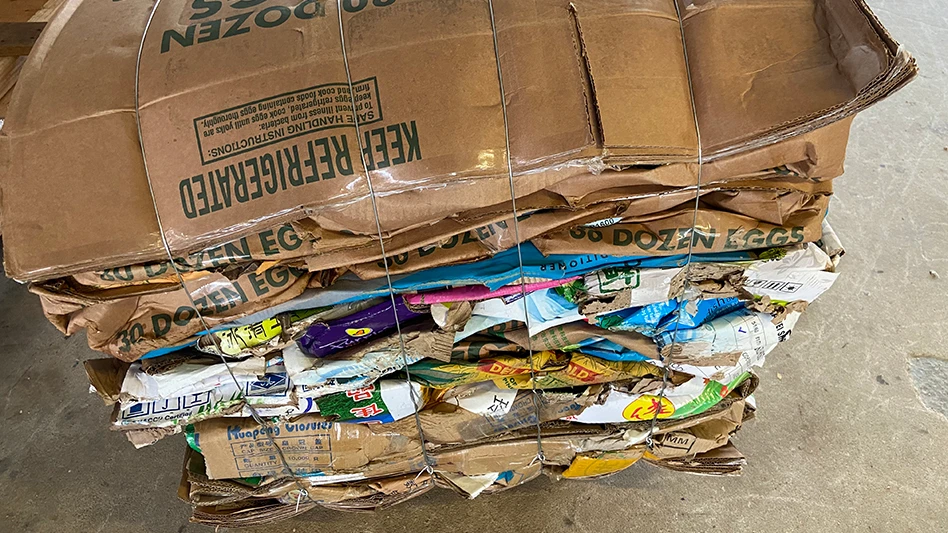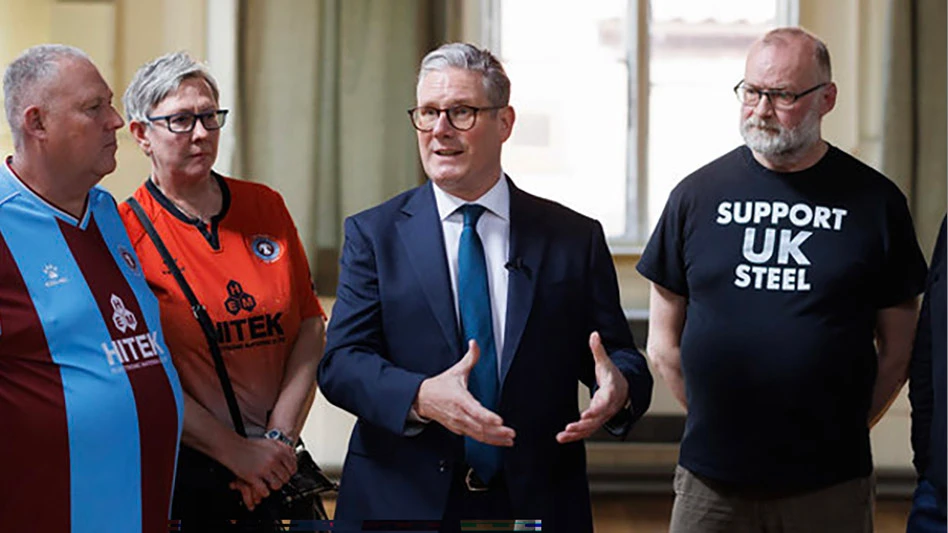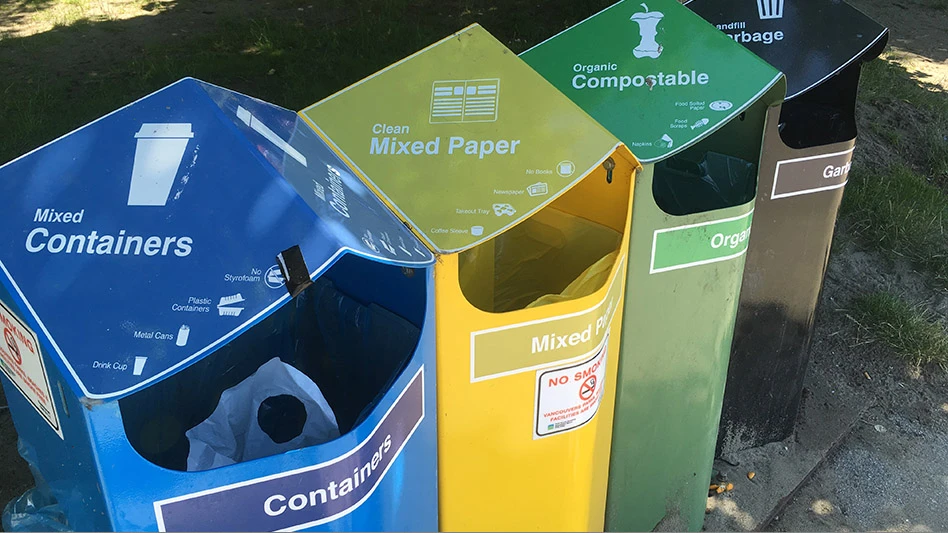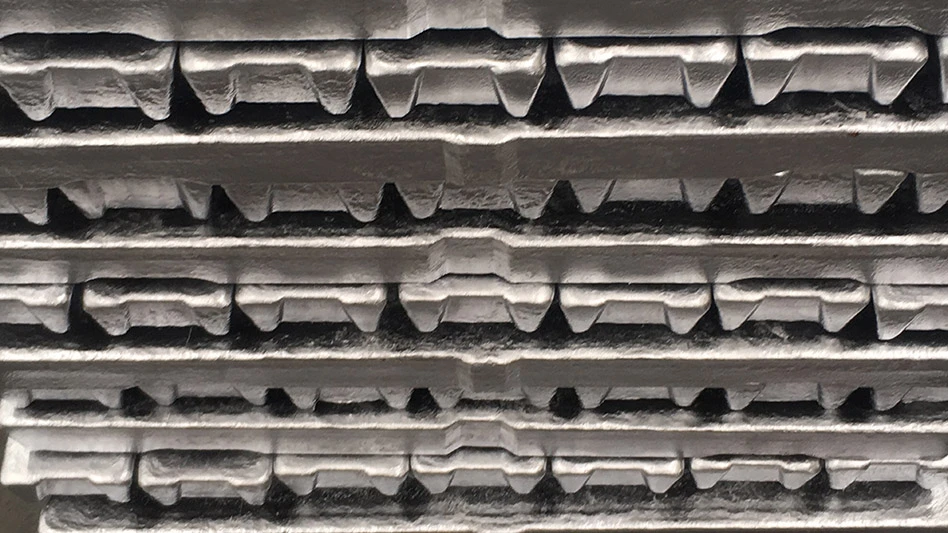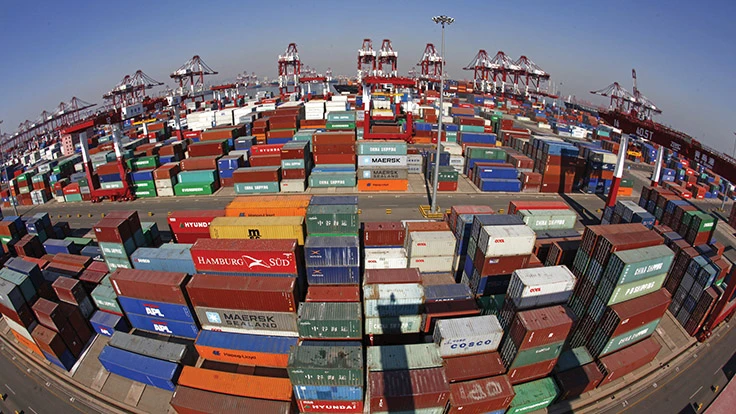
The Institute of Scrap Recycling Industries (ISRI), Washington, has announced its support for the Trans-Pacific Partnership Trade Agreement (TPP) in letter to Congress. The TPP will potentially generate tens of millions of dollars in additional sales revenue for U.S. recycling businesses by eliminating tariffs on scrap commodities and recycling equipment exports, the trade organization says.
Supporters of the TPP, a trade agreement among the United States, Australia, Brunei Darussalam, Chile, Malaysia, New Zealand, Peru, Singapore, Vietnam, Canada, Mexico and Japan, say it would level the playing field among parties to the agreement, would cut more than 18,000 taxes different countries put on American-made products and would broaden or improve commitments in existing agreements, such as NAFTA (North American Free Trade Agreement) and previous free trade agreements. Regardless of these earlier agreements, TPP Parties must implement TPP’s higher standards.
“Opening new markets and expanding access to existing trade partners, the TPP will generate millions of dollars in tax revenue, make a positive contribution to our balance of trade and create thousands of recycling jobs across America,” ISRI Chair Mark Lewon of Utah Metal Works Inc., Salt Lake City, and ISRI President Robin Wiener write in the letter. “The U.S. is the world’s largest exporter of recycled commodities. Within the U.S. scrap commodities account for one of the largest exports by value, making up more than a quarter of the industry’s economic activity.”
The letter states that the U.S. eliminated such tariffs for the import of scrap commodities and recycling equipment. At the same time, however, U.S. exporters face significant trade barriers including import tariffs that restrict the free flow of these goods, Lewon and Wiener write. For example, tariff duties were applied to nearly $700 million worth of U.S. ferrous scrap exports annually with ad valorem rates ranging from 0.78 to 6 percent, they say.
Opponents of TPP say previous trade agreements, such as NAFTA, have negatively affected the industrial and manufacturing sectors in developed economies and have led to the offshoring of jobs. TPP, they argue, will mean more of the same. Detractors also say that increased exports from developed countries have not been realized, while increased imports from low-cost manufacturing countries have risen more than expected.
ISRI says that in addition to the many environmental and energy saving benefits that recycling offers, the recycling industry has a positive economic impact on global trade for the U.S., including:
- In 2015, the U.S. exported more than 37 million metric tons of scrap commodities to more than 150 countries worldwide, generating $17.5 billion in export sales.
- Since 2000, scrap commodity exports have made a positive contribution to our balance of trade in excess of $210 billion.
- Scrap exports alone account for more than 125,000 U.S. jobs and generate more than $28 billion in economic activity.
- Federal tax revenue of $1.31 billion and $1.65 billion in state and local revenue is generated by scrap exports.
Latest from Recycling Today
- Steel Dynamics nets $217 million on record shipments
- Massive Chinese steelmaking rebound recorded in March
- LME looks into sustainable metal pricing
- OnePlanet Solar Recycling closes $7M seed financing round
- AMCS launches AMCS Platform Spring 2025 update
- Cyclic Materials to build rare earth recycling facility in Mesa, Arizona
- Ecobat’s Seculene product earns recognition for flame-retardant properties
- IWS’ newest MRF is part of its broader strategy to modernize waste management infrastructure
